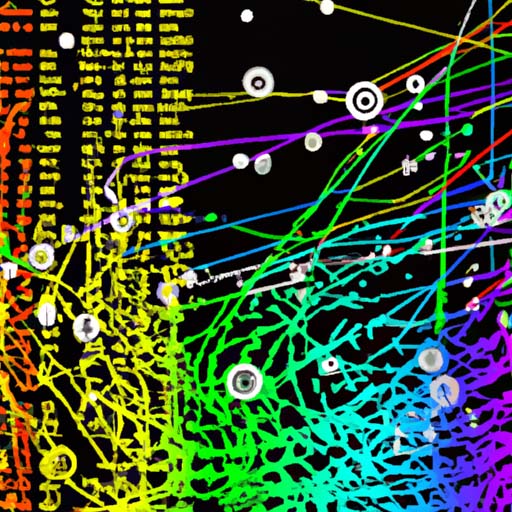In the world of web development, there are numerous programming languages to choose from. Each language has its own set of strengths and weaknesses, making it essential to select the right one for your project.
In this article, we will conduct a comparative study of two popular web development languages: PHP and Python. By exploring their features, performance, community support, and ease of use, we aim to help you make an informed decision when it comes to choosing between PHP and Python for your next web development venture.
PHP: Power and Flexibility
PHP is a server-side scripting language that was designed specifically for web development. It is known for its ease of use and extensive documentation, making it a popular choice among developers. PHP boasts a large community of developers, ensuring a vast library of resources and support.
One of PHP’s major strengths is its power and flexibility. It is compatible with almost all major web servers and operating systems, making it highly versatile. PHP is especially well-suited for building dynamic websites and web applications that require database interaction. Its simplicity and comprehensive HTML integration make it a go-to language for beginners as well as experienced developers.
Another advantage of PHP is its excellent performance. It is a highly optimized language that allows for rapid development and efficient execution of code. With PHP, developers can build scalable and robust web applications without sacrificing performance.
Python: Simplicity and Readability
Python, on the other hand, is a general-purpose programming language that has gained significant popularity in recent years. Despite not being designed explicitly for web development, Python offers powerful tools and frameworks that enable developers to create feature-rich and high-performing web applications.
One of Python’s standout features is its simplicity and readability. Its clean syntax and intuitive design make it an extremely user-friendly language. Python code is easy to read and understand, reducing the chances of errors and enhancing the overall development process.
Addtionally, Python boasts a vast collection of third-party libraries and frameworks. These libraries, such as Django and Flask, provide pre-built modules and functionalities that speed up the development process. Python’s robust ecosystem ensures that developers have access to a wide range of resources and support.
While Python may not be as fast as some other languages, it compensates with its versatility and ease of use. Python is an excellent choice for web development projects that prioritize clean code, readability, and fast development cycles.
Which Language to Choose?
Choosing between PHP and Python ultimately depends on your project requirements and personal preference. Both languages have their merits and can be used to develop powerful web applications. Here are a few points to consider:
1. Project Complexity: If you are building a complex web application that requires extensive database integration or e-commerce functionality, PHP’s power and flexibility make it an ideal choice.
2. Code Readability and Maintainability: Python’s clean syntax and clear structure make it easier to write and maintain code, especially for large projects with multiple developers involved.
3. Development Speed: If you prioritize rapid development and already have experience with PHP, it may be the preferred language for your project. PHP’s extensive documentation and vast community support contribute to its fast development cycles.
4. Community Support and Job Market: Both PHP and Python have thriving communities, but PHP’s extensive usage and history in web development mean that job opportunities specifically for PHP developers may be more abundant.
Conclusion
Choosing between PHP and Python for web development is a crucial decision that should be based on careful evaluation of various factors. While PHP offers power, versatility, and excellent performance, Python stands out with its simplicity, readability, and extensive libraries. By considering the nature of your project, its complexity, and your personal preferences, you can make an informed decision that leads to the successful development of your web application.
